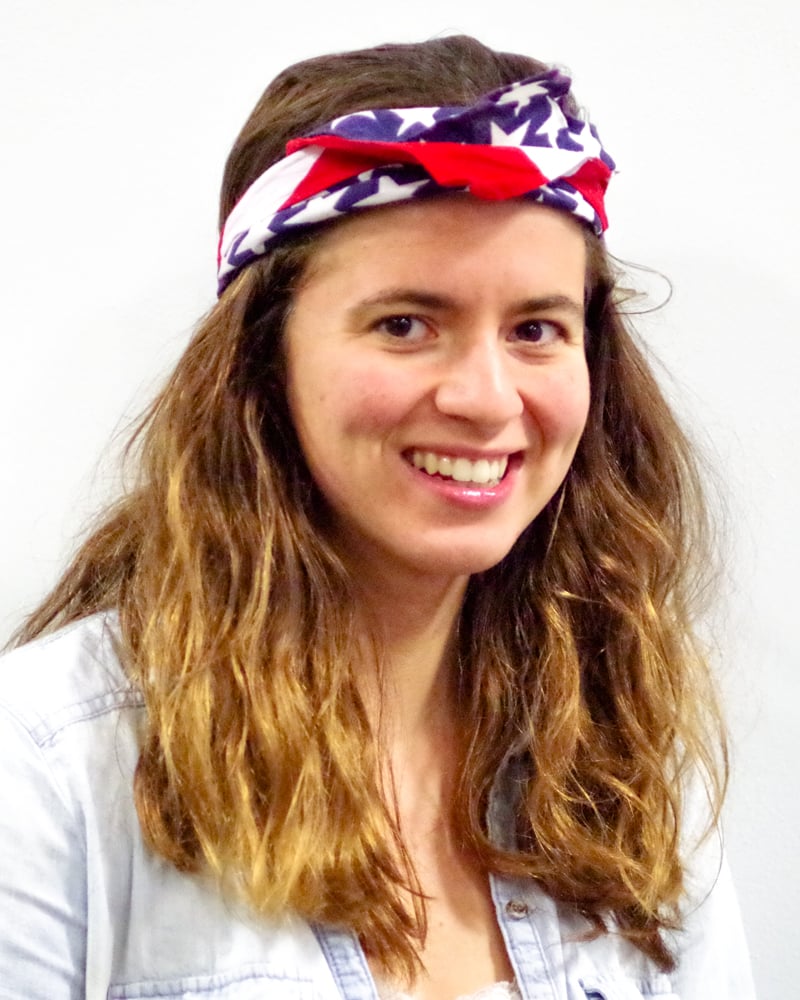This article is inspired by a freshman I saw making out on a dance floor this weekend.
Freshman year, students start drinking. A sizable contingent of our campus was not pounding “Natty” Lights when they were in high school, so there’s novelty that comes with the first quarter as freshmen drink, make out with randos at frats and engage in the sort of debauchery that can accompany the start of college.
Asher Roth, the poet and white rapper of my generation, put it simply stating, “Time isn’t wasted when you’re getting wasted” in his hit song “I Love College.” Roth reflects on his time and lessons of higher education like remembering to wear a condom, not leaving the party “till the booze gone,” and “don’t have sex if she’s too gone.” To be honest, I’m on board with some of these suggestions, but it also reflects on a culture where the collegiate expectation is a lot of alcohol consumption.
When I arrived at college, I was unable to sleep the night before, because I was so excited to move in. I deferred my admission for a year, so I had been waiting for more than a year and a half to move into Stanford.
I’d seen high school friends have the college experience, and I longed to meet all of the people who’d play a role in mine. During New Student Orientation, I already figured out what events were attendance-optional, met my awesome, athletic roommate and found an 8 a.m. aerial fabrics course on SimpleEnroll (8 a.m. — rookie mistake).
I was trying to still trying to remember people’s names on the second or third night when the “water pong” came out. Given that NSO is one of the few mandatory dry weekends on campus, at least for freshmen, it was somewhat shocking to me that we were already warming up for the drinking games to come. With water pong. For those who haven’t played or spectated, imagine beer pong played with water rather than booze.
It was kind of ludicrous that on my third night at the best university in the United States, the loudest, most visible social option was to watch large dudes throw ping pong balls into Solo cups filled with water.
According to the National Institute on Alcohol Abuse and Alcoholism, “the first six weeks of freshman year is an especially vulnerable time for heavy drinking and alcohol-related consequences because of student expectations and social pressures at the start of the academic year.”
College students also have higher rates of binge drinking than their noncollegiate peers, and there are scary statistics on the consequences for excessive college drinking in regard to sexual abuse, injury, assault, and death (don’t drink and drive).
The drinking culture is a loud, visible contingent in many dorms. There are definitely positives to drinking, but it’s not the only way to have a good time. An RA friend and I recently talked about the importance of providing visible alternatives to going out for residents who want to socialize, but maybe not drink. It can be challenging to create a comfortable environment for residents regardless of their alcohol policy on a given Friday or Saturday night.
Before coming to Stanford, I’d spent a year living in a country where the drinking age was 18 and spent some time in bars and clubs accordingly. During this time, many of my high school friends who didn’t drink started at their respective universities.
It can be pretty fun, but I noticed that a lot went fairly hard at first and then backed off. This happens at Stanford too. David Brooks, a New York Times columnist, recently wrote an article titled “Weed: Been There. Done That,” reflecting on how he grew out of smoking marijuana: “Like the vast majority of people who try drugs, we aged out.”
There’s a similar backing-off phenomenon for the aggregate student body’s binge drinking, as we grow older and maybe drink a little less. It gets old.
Contact McKenzie Andrews at [email protected]
